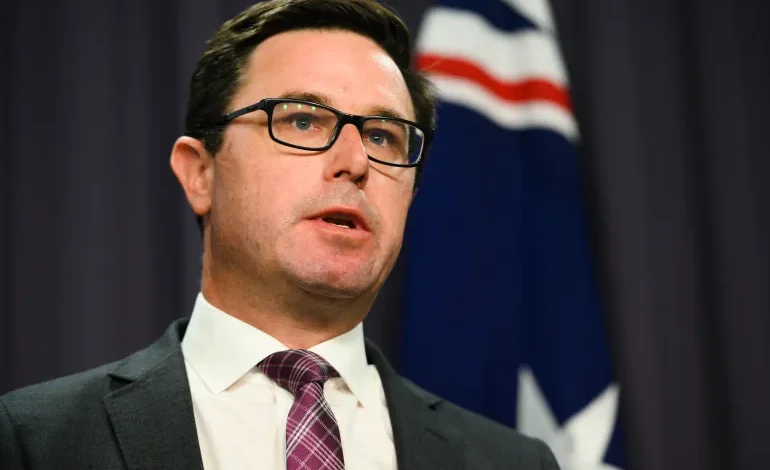Australia’s National Party Splits From Longtime Coalition Partner Over Energy, Rural Policy Disputes

Australia’s National Party has officially severed ties with its conservative coalition partner of over six decades, the Liberal Party, citing significant policy differences, particularly over renewable energy and rural economic issues. The move comes in the wake of a major electoral defeat for the coalition and signals a broader political realignment, as per Reuters.
The decision follows the Liberal-National Coalition’s heavy losses in the May 3 general election, where Prime Minister Anthony Albanese’s centre-left Labor Party secured a historic second term, expanding its majority to 94 seats in the 150-member House of Representatives. The Liberals were reduced to just 28 seats, their worst performance to date, while the Nationals held onto their 15.
Under the coalition, the Nationals traditionally represented rural and regional communities while the Liberals focused on urban constituencies. However, recent shifts in voter priorities—particularly on climate policy and gender equality—have reshaped Australia’s political landscape.
Littleproud said the Nationals would not renew their coalition agreement with the Liberals after the election, stressing the need to pursue policies that directly address the interests of rural Australians. He criticized the Liberals for failing to commit to policies such as support for nuclear power, regulation of supermarket monopolies, and improved telecommunications in the Outback.
Australia possesses the world’s largest uranium reserves but currently bans nuclear energy, a point of contention for the Nationals, who view nuclear power as essential for energy stability in rural regions.
Liberal Party leader Sussan Ley, appointed last week following former leader Peter Dutton’s election defeat, expressed disappointment over the Nationals’ departure but maintained that the Liberals would now form the official opposition as the largest non-government party.
Ley, the first woman to lead the Liberals, has promised a thorough review of party policies following the crushing electoral defeat. Much of the party’s urban support was lost to independent candidates who championed stronger action on climate change and gender issues.
Despite the split, the Nationals have left the door open to future cooperation before the next federal election, but insist any alliance must prioritize rural interests.
Michael Guerin, chief executive of Queensland’s AgForce farming group, said the political separation reflected a growing divide between urban and rural Australia.
Labor Party Treasurer Jim Chalmers mocked the coalition’s breakup, calling it a “nuclear meltdown,” and noted that the Liberal presence in Parliament would be “barely bigger” than that of the 12 independents and minor party MPs on the crossbench.









The latest news in your social feeds
Subscribe to our social media platforms to stay tuned